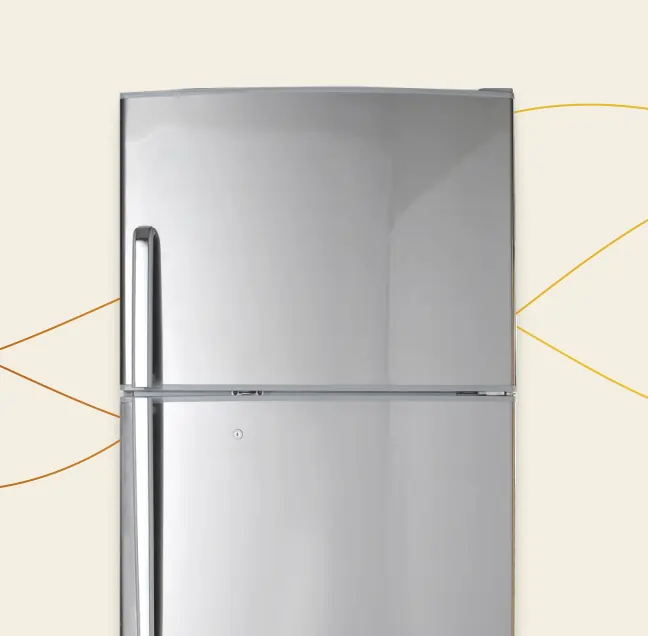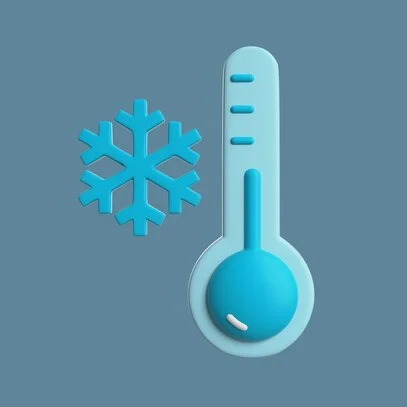Imagine waking up on a chilly winter morning, only to find that your trusty boiler has stopped working. It's a nightmare no homeowner wants to experience. But fear not, because in this guide, we will walk you through the steps to take when your boiler stops working. From troubleshooting common issues to exploring DIY fixes, and knowing when it's time to call in the experts, we've got you covered.
So, let's dive right in and ensure you stay warm and comfortable throughout the cold season!
If you need to find a reliable company that provides domestic boiler repair in London, visit our section with Plumbing and Heating Services and select a residential option.
Common Boiler Problems and Troubleshooting
When your boiler unexpectedly stops functioning, it could be due to various reasons. Let's look at some common problems and how to troubleshoot them effectively.
1. No Heat or Hot Water
No heating can be a result of some issue with the thermostat or a broken diaphragm. If you have got a gas boiler, a faulty pilot light can be a cause as well. So, do these checkouts:
- Check the thermostat settings. Ensure it's set to the "Heat" mode and the temperature is high enough to trigger the boiler.
- For a gas boiler, inspect the pilot light. If it's out, relight it. For this, read and follow the instructions provided in manuals.
- For a sealed system boiler, a broken diaphragm can be a cause. In this case, contacting a professional is best.
2. Strange Noises
Unusual noises, such as banging, gurgling, or whistling, can be disconcerting. These noises could indicate trapped air, low water pressure, or a malfunctioning pump. Here's what you can do:
- Release trapped air. To do this, bleed your radiators.
- Check the boiler's pressure gauge. It should be within the recommended range. If not, repressurize. To do this, read and follow the instructions provided in manuals.
- Also, the faulty pump might be a cause. In this case, call a heating engineer.
3. Leaking Boiler
A leaking boiler might be a result of loose pipe connections and many other issues. So, do these checkouts to identify the issue in your case:
- Check the visible pipes, to detect loose connections. Tighten them if possible.
- Check the pressure relief valve. It might be leaking. If so, it needs replacement.
- Check around the base of your boiler. Water pooling around the base of the boiler is a high time to contact a professional immediately.
4. Boiler Keeps Turning Off
Boilers that repeatedly turn off could be facing various issues. To detect the issue in your exact case, do as follows:
- Check the water pressure. And repressurize it if it is lower than necessary.
- Check the thermostat and its settings.
- Check the valves. They should be open, allowing for proper water flow.
5. Frozen Condensate Pipe
You might face this issue in freezing temperatures. Your steps here are as follows:
- Locate the condensate pipe that leads outside and check if it's frozen.
- Gently warm the pipe with warm cloths, or a hairdryer. Do not use boiling water as it may damage the pipe.
- Once the issue is thawed, reset your boiler.
DIY Fixes for Your Boiler
Some issues may require professional help. However, others might enable DIY fixes. Note: always refer to the manual before proceeding. And, of course, prioritize your safety.
1. Restart the Boiler
In some cases, a restart might resolve minor glitches. Turn off the boiler for a few minutes. Then, turn it on. This can help clear any temporary faults.
2. Bleed Radiators
To bleed the radiators, use a radiator key. The bleeding can help you release trapped air, so it can circulate efficiently.
3. Reset the Thermostat
Sometimes, a simple thermostat reset can do the trick. Turn the thermostat off, wait for a minute, and then turn it back on.
4. Relight the Pilot
Appropriate for gas boilers. Follow the manuals to relight the pilot if necessary.
5. Repressurize the Boiler
To repressurize your unit, always read carefully and follow the manuals.
When to Call a Professional
Here are some issues that require professional expertise. Remember, turn only to a qualified heating engineer.
1. Gas Leaks
If you suspect a gas leak or notice a smell of gas, immediately evacuate your home and call a gas engineer or emergency services. Gas leaks are dangerous and should not be handled without professional assistance.
2. Persistent Boiler Issues
If your boiler problems persist despite attempting the DIY fixes, it's time to call a heating engineer. Continuing to use a faulty boiler may exacerbate the issue or pose safety risks.
3. Unusual Smells or Noises
Strange odors or unusual noises emanating from the boiler could indicate underlying issues that need expert assessment.
Conclusion
Experiencing a boiler breakdown can be stressful, but with the knowledge gained from this guide, you're better equipped to handle the situation. From troubleshooting common issues and attempting DIY fixes to knowing when to call a professional, you can now take the appropriate steps to get your boiler up and running. Remember, safety should always come first, and for complex issues, never hesitate to seek help from a qualified heating engineer. Stay warm and cosy, even during the coldest of days!


